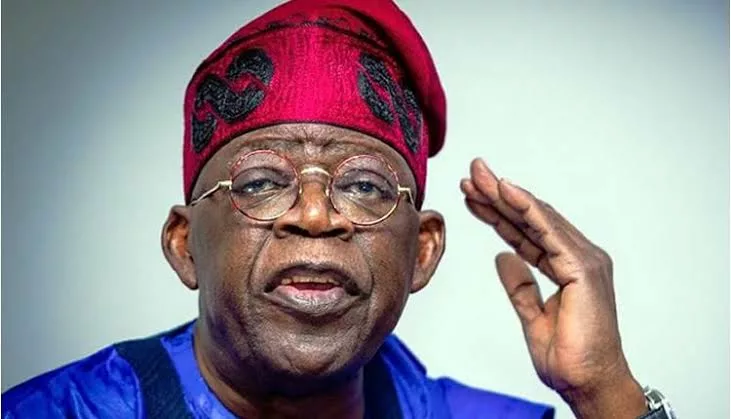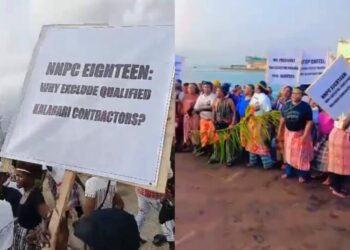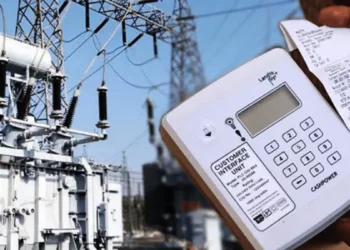President Bola Tinubu has taken a significant step toward governmental reform by establishing an 11-member committee tasked with executing the recommendations outlined in the Oronsaye report.
This report, compiled in 2012, focuses on the reorganization and streamlining of government bodies, agencies, and commissions to reduce the cost of governance and enhance operational efficiency.
Representing President Tinubu at the inauguration ceremony, Sen. George Akume, Secretary to the Government of the Federation, emphasized the importance of this initiative.
Mr. Segun Imohiosen, Director of Information at the SGF office, confirmed that Sen. Akume is part of the committee, alongside other key officials.
The committee comprises prominent figures such as the Minister of Justice, Lateef Fagbemi; the Minister of Budget and Economic Planning, Atiku Bagudu; the Head of the Civil Service of the Federation, Dr. Folashade Yemi-Esan; and Hadiza Bala-Usman, the Special Adviser to the President on Policy and Coordination. Additionally, Dr. Dasuki Arabi, Director-General of the Bureau of Public Service Reform; Sen. Abdullahi Abubakar-Gumel, the President’s Senior Special Assistant on National Assembly Matters (Senate); and Ibrahim Olarenwaju are among the members.
Also included in the committee are Hakeem Muri-Okunola, Principal Secretary to the President, and Richard P. Pheelangwa, Permanent Secretary to the Cabinet Office.
President Tinubu outlined the objectives of implementing the White Paper on the Oronsaye report, emphasizing the need to assess existing mandates, identify redundancies, define strategic objectives, and engage key stakeholders to ensure alignment with government priorities. He reiterated the government’s commitment to decreasing the cost of governance while enhancing efficiency across the governance value chain.
The Oronsaye report, submitted in 2012 during the Jonathan administration, has seen successive governments grapple with its recommendations. Despite the release of a white paper by the Jonathan government in 2014 and a subsequent re-examination by the Buhari administration in 2022, the report’s implementation has been delayed.
However, the Tinubu-led administration has now decided to take decisive action to address the high cost of governance by implementing the report, which may result in the scrapping, merging, or relocation of federal agencies.





